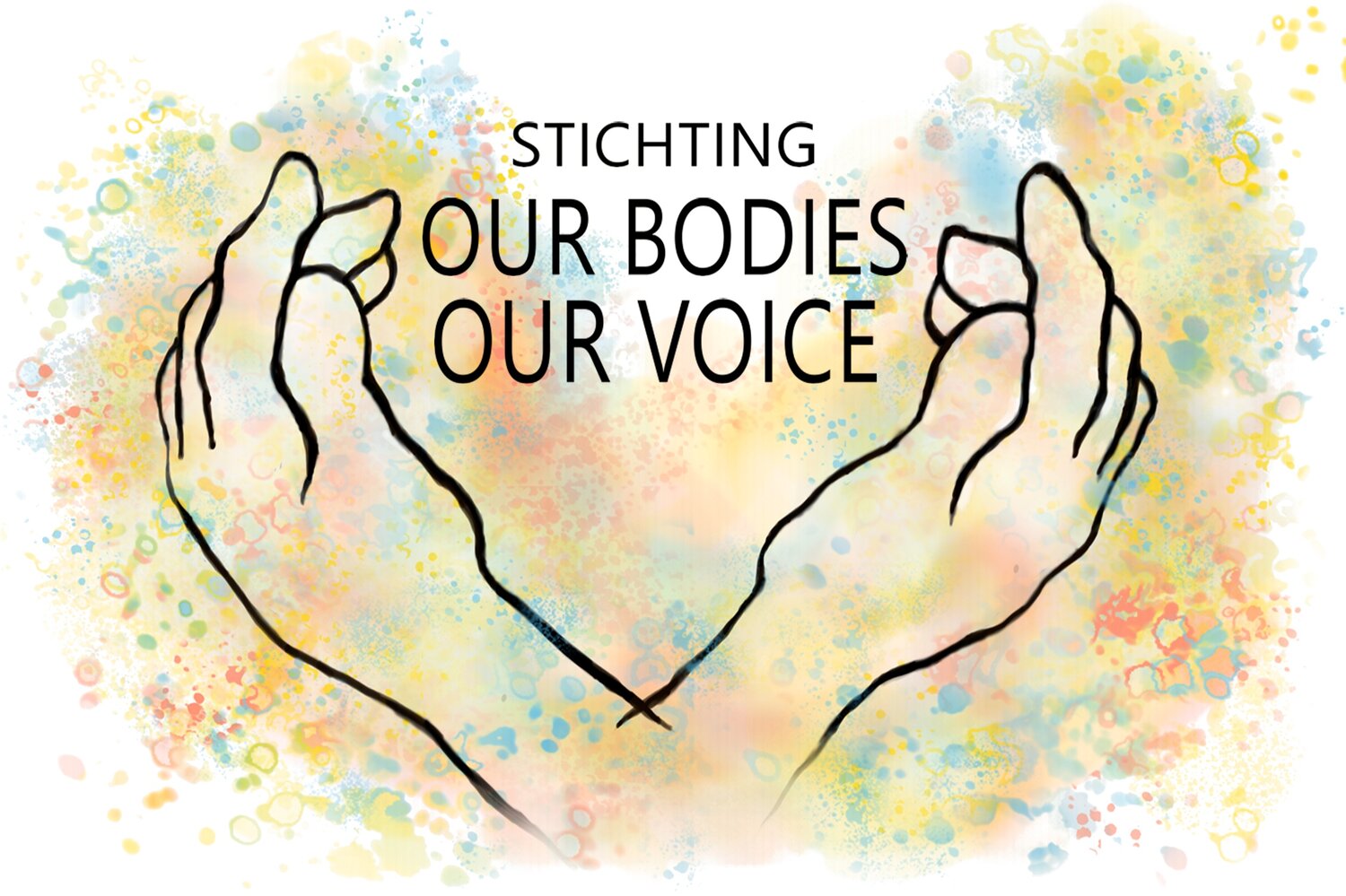
WHAT WE OFFER

Workshop Menu
All costs include customization and
intake meetings. Student Workshops are VAT Exempt (student prices shown below).
Workshops for all audiences
2 hours
Small Group €625
(10-20 Participants)Medium Group €725
(21-50 Participants)Large Group €825
(51-100 Participants)Extra Large Group €925
(101-150 Participants)
Boundaries, Communication, & Consent
This workshop aims to help participants gain a better understanding of their own personal boundaries and how to communicate them in social situations. Topics that are addressed include: the diversity of experiences people have, the ways in which our unique personal identities and situations shape our boundaries, and how we understand those of others.
Bystander Intervention
Bystander Intervention training teaches individuals how to recognize and safely intervene in situations they feel the need to act upon. Examples include encounters with bullying, discrimination, sexual harassment, micro-aggressions, or other types of unacceptable and transgressive behavior. This workshop develops participants’ skills to intervene in a variety of challenging, real life scenarios and strengthens their assertiveness in both personal and external experiences.
Allyship
Allyship is one of the most important approaches you can take to contribute to better campuses, workplaces and communities. This workshop explores some complex situations that are relevant to university life and forms the core introductory module for participants seeking to establish inclusive cultures.
Topics of discussion include bullying, harassment, and discrimination.
Active Listening
Active Listening helps in recognizing other people’s perspectives, feelings, and experiences. It empowers our community to foster a culture of respect and compassion, and being an active listener equips you to support survivors of any form of trauma. This workshop develops participants’ active listening skills and supporting survivors methods.
Alcohol and Party Culture
This workshop focuses on the role of alcohol, party culture, and peer pressure in relation to consent and sexual violence. It explores the different social norms that can negatively impact student life and how we can improve social safety during parties and in our communities.

Key Components of All Workshops:
Productive Terminology
(to prevent victim blaming and harmful language)
Sexual Violence Myths
(to dismantle stigma and stereotypes)Help-seeking Options
(inside and outside the university)Basic Active Listening skills
This content is facilitated in all workshops so that every participant leaves with background knowledge and theory on: sexual violence and its prevention, available support systems that can help in both non-emergency and emergency situations, and active listening skills to support survivors.





